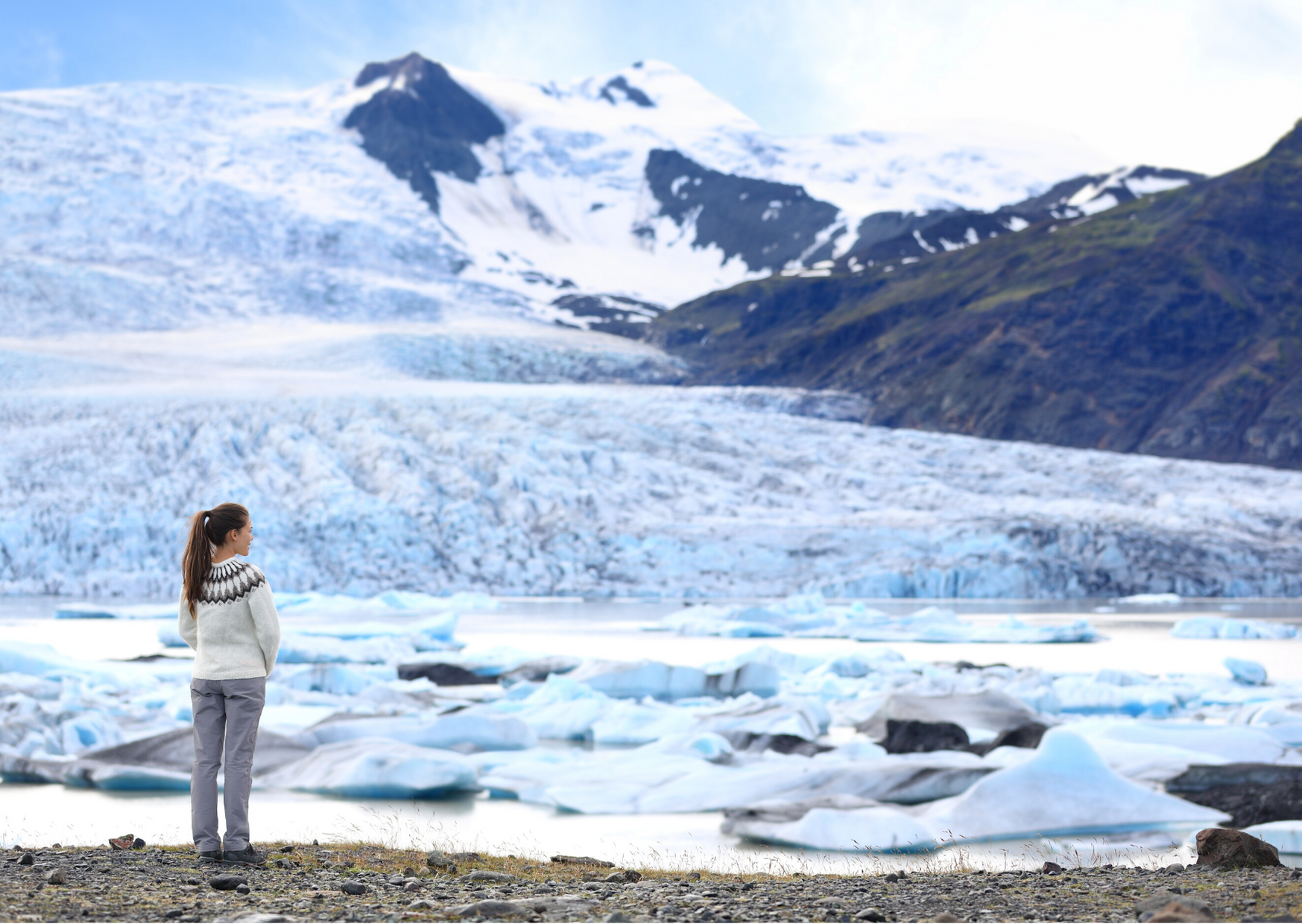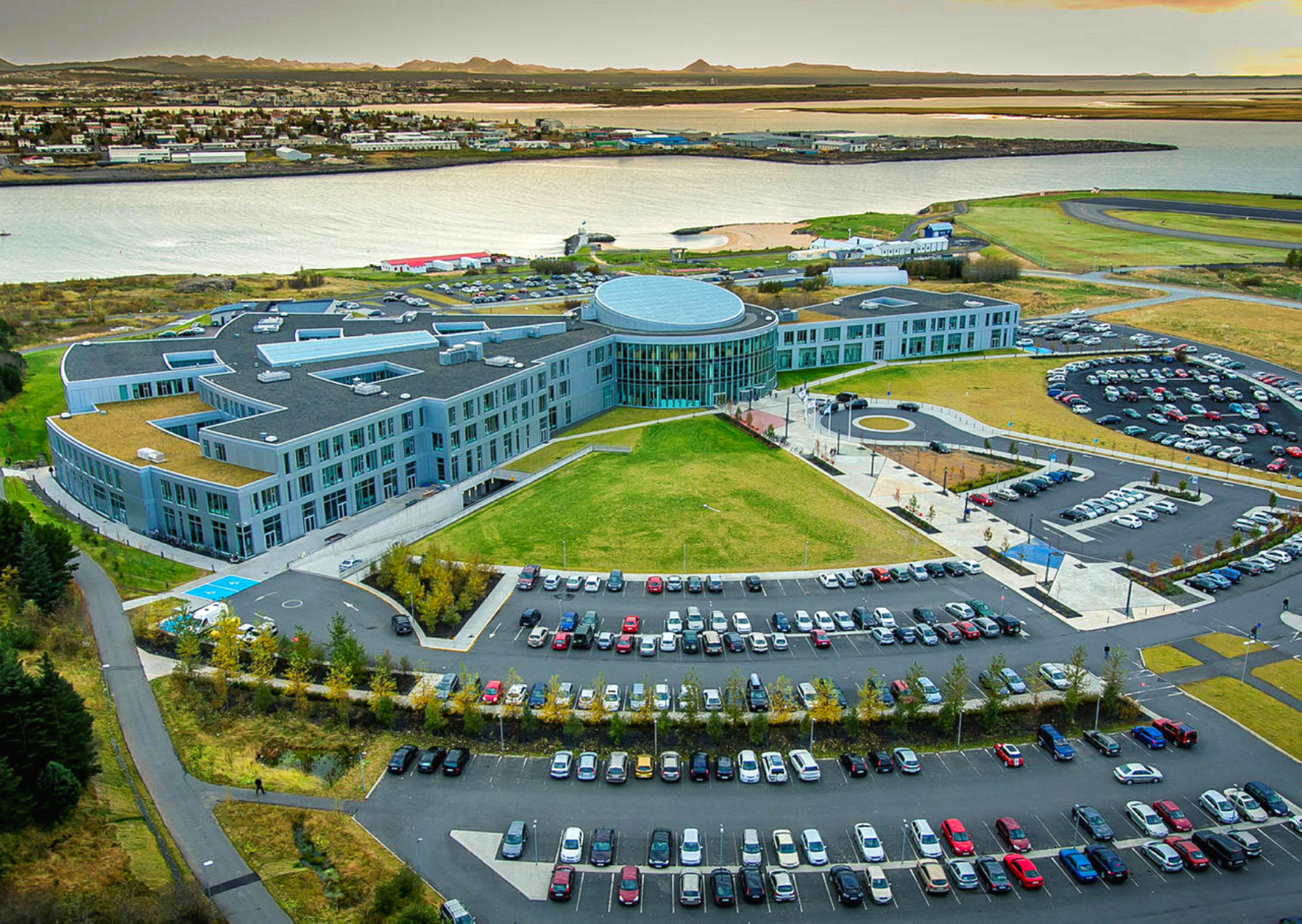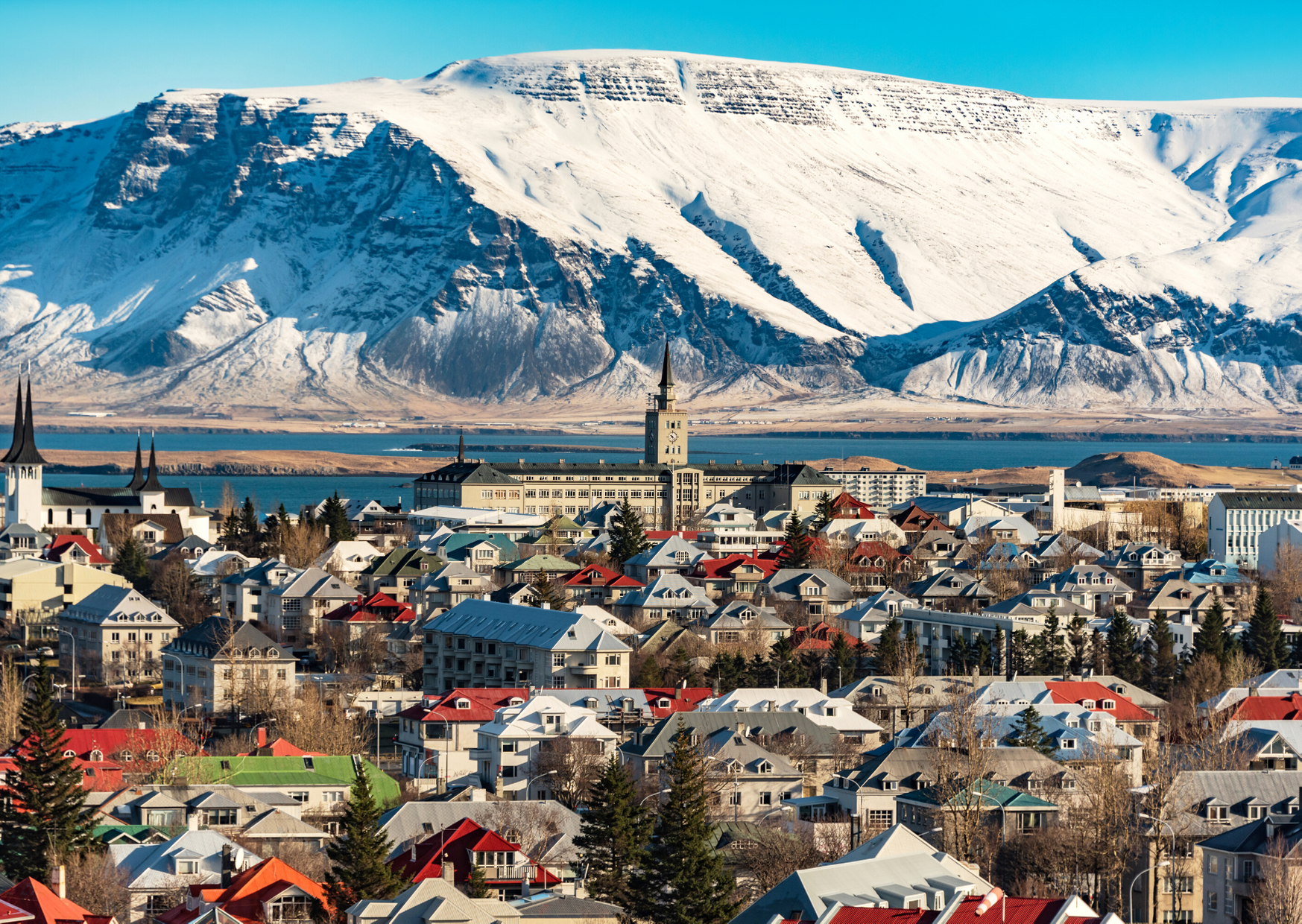Study in Iceland! Essential guide for international students
Iceland is a small country with only 7 universities located there, but the level of education in all of them meets all world standards! Moreover, you can study there for free! Wanna know more? Keep reading!

A few facts about studying in Iceland:
- Iceland has an undeservedly small percentage of international students: ~5-8%
- Despite this, there should be no problems with communication: almost everyone in Iceland speaks English well
- The country is particularly renowned for its power engineering programs. Electricity in the country is almost entirely produced from renewable sources!
- You can study there FOR FREE! Public universities provide this opportunity to all students, even international ones. The main obstacle is that a large percentage of undergraduate programs are taught in Icelandic, but the number of English-language specialties is increasing from year to year
- Even if you choose studying at a private university, tuition fees will be 2-4 times lower than the tuition in countries such as the Netherlands, France or the United Kingdom
- The country has a high standard of living, as well as a low crime rate. In addition, Iceland is a global leader in gender equality. All these factors make studying and living in the country as comfortable as possible
- You should be prepared for the fact that in Iceland you need to renew your student visa every semester (!), proving that you are successfully coping with the study program. What a great motivation to study tho 😉

What’s the admission criteria for Bachelor’s programs?
In Iceland, secondary education takes 13-14 years, which means that you can’t apply for undergraduate degree programs right after your school. What are your options?
– You can apply to your local university to gain an academic year
or
– Complete an International Baccalaureate (IB) or GCE A-Level program
What exams are required for admission?*
- If you plan to study in English, then it will be IELTS/TOEFL/PTE etc language tests
- If you plan to study in Icelandic, you must pass an entrance language exam
*For some subjects there may be additional entry requirements and/or entrance exams set by the university. Typically, these are in subjects such as the medical sciences, economics, and law.

What’s the admission criteria for Master’s programs?
To apply for a Master’s program, a student is required to have a Bachelor’s degree diploma in the related field. Additional requirements include*:
- Language test (most of the Master’s programs are in English, therefore IELTS or TOEFL is required for admission)
- Recommendation letters
- Motivation letter
*For some subjects there may be additional entry requirements and/or entrance exams set by the university.
The duration of Master’s programs on average takes up to 2 years. A Master’s degree in engineering or computer science can last 3-5 years, in medicine – up to 6 years.
Keep in mind that each university independently determines the schedule and deadlines for submitting documents. Requirements for different countries also differ! For example, for non-EU students, there may be different application dates etc.

How much does it cost to study in Iceland?
The Nordic countries are known for being expensive and unfortunately, Iceland is no exception.
Tuition fees
As we already mentioned, you can study in public universities for free! They only charge a “registration fee” which is on average $500/year. Private universities charge both tuition and registration fees (and fees are usually higher for students from outside the EU), but they’re still cheaper than many European universities. For example, studying at a Reykjavik University (the largest private university in Iceland) costs from 5,100 to 7,300 euros per term.
Living expenses
Living costs vary depending on the city you live in, but since most students study and live in Reykjavik, the numbers below will reflect living expenses in the capital.
- Monthly rent is on average $1,200 – $1,650, but you can always choose to share a flat with your friend, so it could be half the price
- Food and daily expenses require $500 – $700 a month, depending on your lifestyle
- Books and other study materials require ~ $35o per term
- Public transportation costs ~ $50 a month
- Leisure activities require $250 a month and up

We hope that this article was helpful and you’re enthusiastic to enter Icelandic universities! If so, visit our Aplic.io website and apply for study programs in Iceland without leaving the platform! Good luck!

